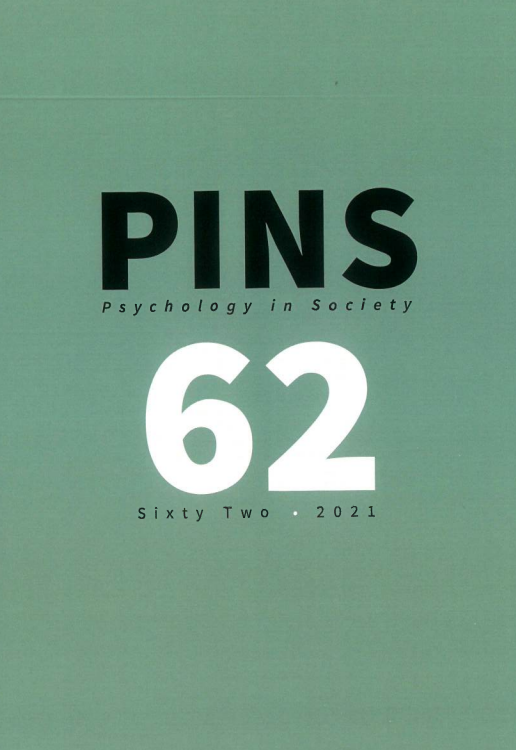Dog walking: Doing class and undoing anthropocentrism
DOI:
https://doi.org/10.57157/pins2021Vol62iss1a5583Keywords:
Human-dog relations, class, habitus, performativity, anthropocentrismAbstract
Beginning with anecdotal accounts about the aspirations of black middle-class people, with dog walking as the point of entry, this study sought to understand the meanings attached to dog walking from the perspectives of ten middle-class black people who walk their dogs. Applying discourse analysis to interview data we found that dog walking is a habituated class performance. While some disavowed the idea of dog walking as a performance of middle classness, we suggest that performativity is always at play in the social practice of dog walking. Secondly, the study found that we should nuance our understandings of black middle-class people in order to recognize the continuities and discontinuities with the black working class. Finally, the study found that black people relate to their dogs in ways that disturb the colonial artifact of the human–animal binary. We observe that dog walking and orders of care exceed utilitarian needs and suggest cosmological and psychological relatedness that undo deeply rooted anthropocentrism in the social sciences. Ultimately, through the lens of class, the study suggests that the human is less distinct from the animal than the Chain of Being would have us believe.
Downloads
Published
How to Cite
Issue
Section
License
This journal is an open access journal, and the authors' and journal should be properly acknowledged, when works are cited.
Authors may use the publishers version for teaching purposes, in books, theses, dissertations, conferences and conference papers.
A copy of the authors’ publishers version may also be hosted on the following websites:
- Non-commercial personal homepage or blog.
- Institutional webpage.
- Authors Institutional Repository.
The following notice should accompany such a posting on the website: “This is an electronic version of an article published in PINS, Volume XXX, number XXX, pages XXX–XXX”, DOI. Authors should also supply a hyperlink to the original paper or indicate where the original paper (http://www.journals.ac.za/index.php/pins) may be found.
Authors publishers version, affiliated with the Stellenbosch University will be automatically deposited in the University’s’ Institutional Repository SUNScholar.
Articles as a whole, may not be re-published with another journal.
The copyright of the article(s) lies with the author(s).
The copyright of the journal lies with PINS-psychology in Society.
The following license applies:
Attribution CC BY-NC-ND 4.0 - https://creativecommons.org/licenses/by-nc-nd/4.0/

